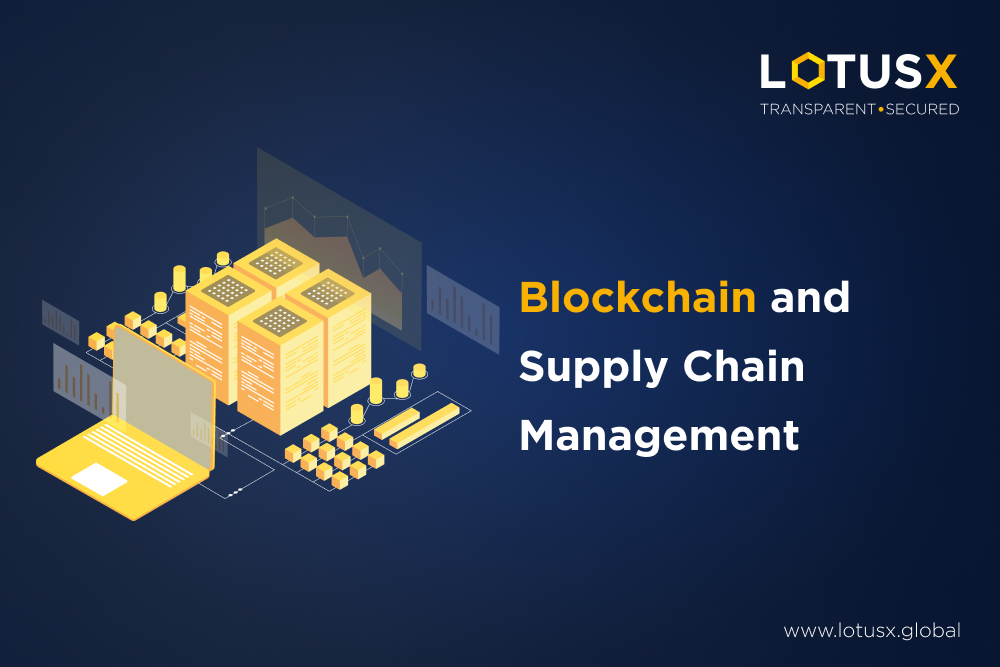Blockchain technology has become a force for change in many industries, changing how businesses work and shaking up old ways of doing things. Thanks to blockchain, healthcare and supply chain management have made big steps forward. We have already discussed its impact on the finance and insurance industry. This blog looks at how blockchain technology can be used in healthcare and supply chain management and what benefits it might bring.
Blockchain and Healthcare
Blockchain is changing how data is managed and kept private in the healthcare industry. Medical records saved on blockchain platforms improve interoperability and allow healthcare providers to share patient information safely and easily. Patients have more say over their health information, which protects their privacy and permission. Blockchain-powered supply chain solutions make pharmaceuticals more transparent, making it easier to track them and lowering the number of fake drugs on the market. Also, data-sharing between institutions safely and openly speeds up research and development.
How Can Blockchain Technology Revolutionize the Healthcare Industry?
Blockchain technology could change healthcare by solving some of its biggest problems, such as data security and privacy, interoperability, and openness, and giving patients more control over their care.
Data Security and Privacy: Blockchain is a secure and tamper-proof way to store data essential for healthcare records. This could prevent data breaches and ensure patient data is always accurate and up-to-date.
Interoperability: Blockchain could help improve interoperability between different healthcare systems, making accessing medical records from various providers easier for patients. This could also reduce the administrative burden on healthcare providers.
Transparency: Blockchain could help increase transparency in the healthcare industry, leading to better decision-making and improved patient outcomes. For example, blockchain could be used to track the provenance of medical products, which could prevent counterfeit drugs from entering the supply chain.

Patient Empowerment: Blockchain could give patients more control over their medical data, which could help them to make better decisions about their care. Blockchain can store and share Electronic Medical Records (EMRs) securely and tamper-proof. This could improve the quality of care by giving healthcare providers access to the most up-to-date patient information.
Clinical trials: Clinical study progress can be tracked via blockchain, and data security and accuracy can be guaranteed. This could improve the efficiency of clinical trials and ensure reliable results.
Drug supply chain: By using blockchain to track the provenance of medical supplies, it may be possible to stop the entry of fake pharmaceuticals into the system. Both patient safety and healthcare costs may increase as a result of this.
Blockchain and Supply Chain Management
Blockchain technology can revolutionize supply chain management by making it more secure, transparent, and efficient. Walmart, IBM, and Maersk are a few companies that set examples of how blockchain technology can be used in supply chain management. Here are some of the ways blockchain can be used in supply chain management:
- Traceability: Blockchain can track the movement of goods and products throughout the supply chain. This can help to ensure that products are not counterfeit or tampered with, and it can also help to improve efficiency by reducing the need for manual data entry.
- Transparency: Blockchain can generate a transparent and immutable record of all transactions in the supply chain. This can develop trust between organisations and customers and increase regulatory compliance.
- Security: Blockchain is a secure and tamper-proof way to store data. This can help to protect sensitive information, such as product specifications and pricing data, from unauthorized access.
- Efficiency: Blockchain can automate numerous manual supply chain management activities, such as inventory tracking and payment administration. This can aid in cost reduction and efficiency.

With rampant technological development, we will soon see even more innovative blockchain applications in the supply chain industry.
Conclusion
As we conclude our exploration of blockchain technology’s applications in healthcare and supply chain management, it becomes evident that the potential benefits are immense. Blockchain brings about significant advancements from secure and efficient healthcare data management to improved transparency and traceability in supply chains. It enables streamlined processes, enhances security, reduces costs, and fosters stakeholder trust.
Implementing blockchain in healthcare can improve patient outcomes, enhance research and development efforts, and empower individuals with control over their health data. In supply chain management, blockchain ensures transparency, reduces fraud, and optimizes logistics, benefiting businesses and consumers.




